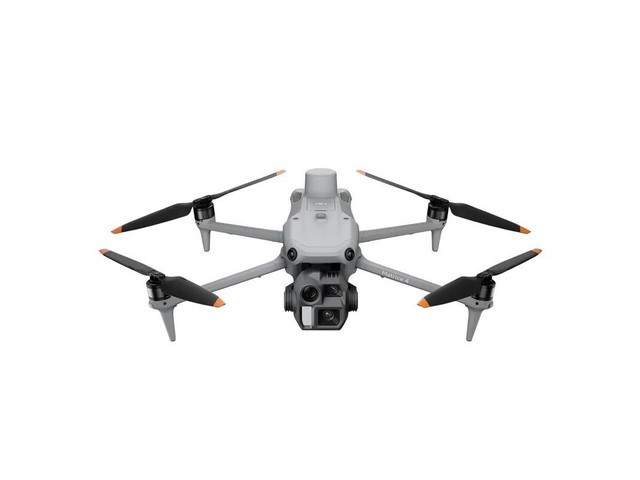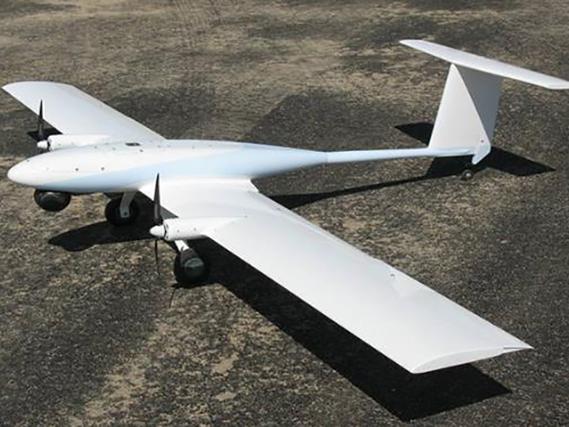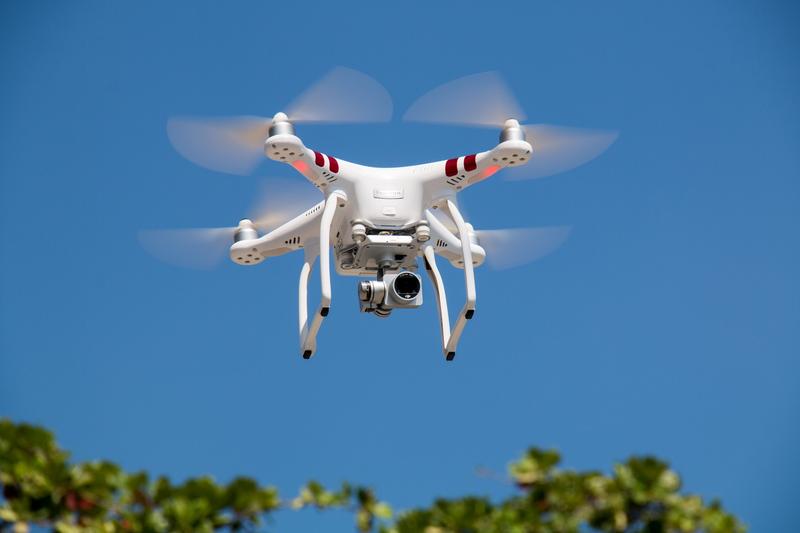Flying drones has become increasingly popular for both recreational and professional purposes. With the surge in unmanned aerial vehicles taking to the skies, many enthusiasts and professionals are left wondering: Do you need a license to fly a drone?

Licenses for Recreational Drone Flying
For hobbyists, flying drones does not typically require a license if the drone is under a specified weight limit and the operator follows community-based safety guidelines. In the United States, for example, drones weighing less than 250 grams can be flown without registration. However, it is important to note specific restrictions such as altitude limits and no-fly zones, including proximity to airports or crowded areas, even for small drones.
Commercial Drone Operation
If you intend to use your drone for any form of commercial activity, a different set of rules applies. The Federal Aviation Administration (FAA) mandates that anyone flying drones for commercial purposes must obtain a Part 107 certificate. This requires passing an aeronautical knowledge test covering various topics, including airspace regulations, weather, and operational guidelines.
Getting Your Part 107 Certificate
To earn a Part 107 certificate, aspiring drone pilots must study materials set forth by the FAA or take preparatory classes offered by drone schools. Successfully completing the test, which comprises 60 multiple-choice questions, grants you the certification to legally fly drones for business purposes. Many countries, such as the UK and Canada, have similar regulatory frameworks, each with slightly different requirements.
Drone Safety and Compliance
Even with the correct license, adhering to safety rules and ensuring compliance with local laws remain crucial. Drone pilots must remain vigilant, keeping their devices within line of sight and away from prohibited areas. In addition to the legal aspects, maintaining the drone—through regular checks and software updates—is essential for safe flights.
Why Licenses Matter

Licenses are important because they enforce standards that prioritize safety and responsibility, ensuring pilots understand national airspace regulations. Moreover, they provide a framework that assists in the prevention of accidents and security breaches, especially when drones are operated around sensitive areas. Licensing serves to protect individual operators and the general public by fostering accountability.
Future Developments in Drone Licensing
The drone industry is rapidly evolving, with advancements in technology leading to new licensing criteria and guidelines. Policymakers are tasked with constantly updating regulations to match these innovations. Therefore, staying informed about newer rules and adapting as they emerge is vital for drone pilots.
Frequently Asked Questions
- Do I need a drone license for recreational use?
No, as long as you follow community guidelines and your drone meets specific weight criteria.
- What happens if I fly without a license?
Flying commercially without a Part 107 certificate can result in fines and penalties.
- How often do licensing rules change?
Regulations may change periodically due to technological advances and changes in safety guidelines.

